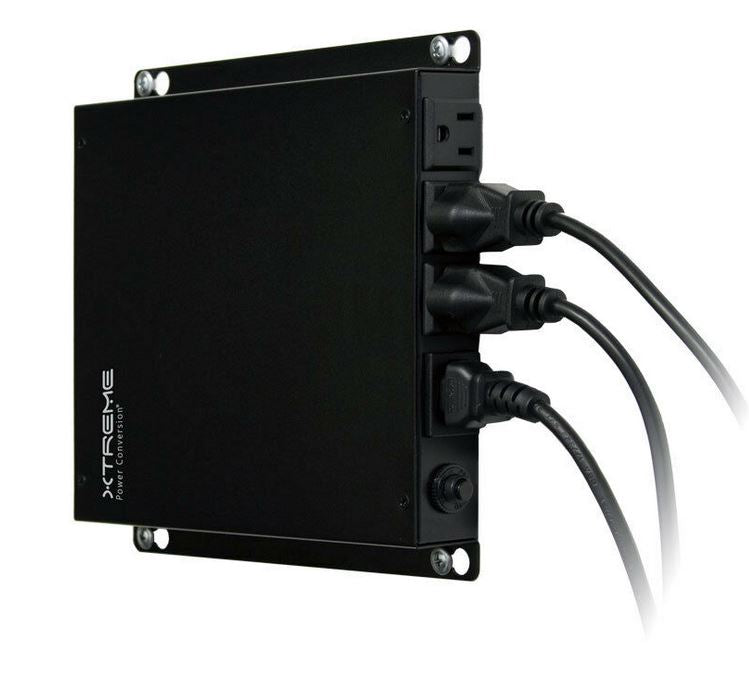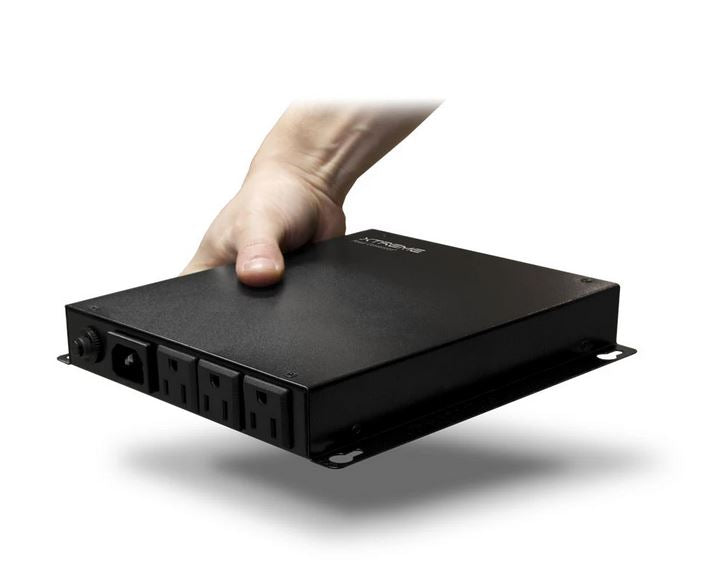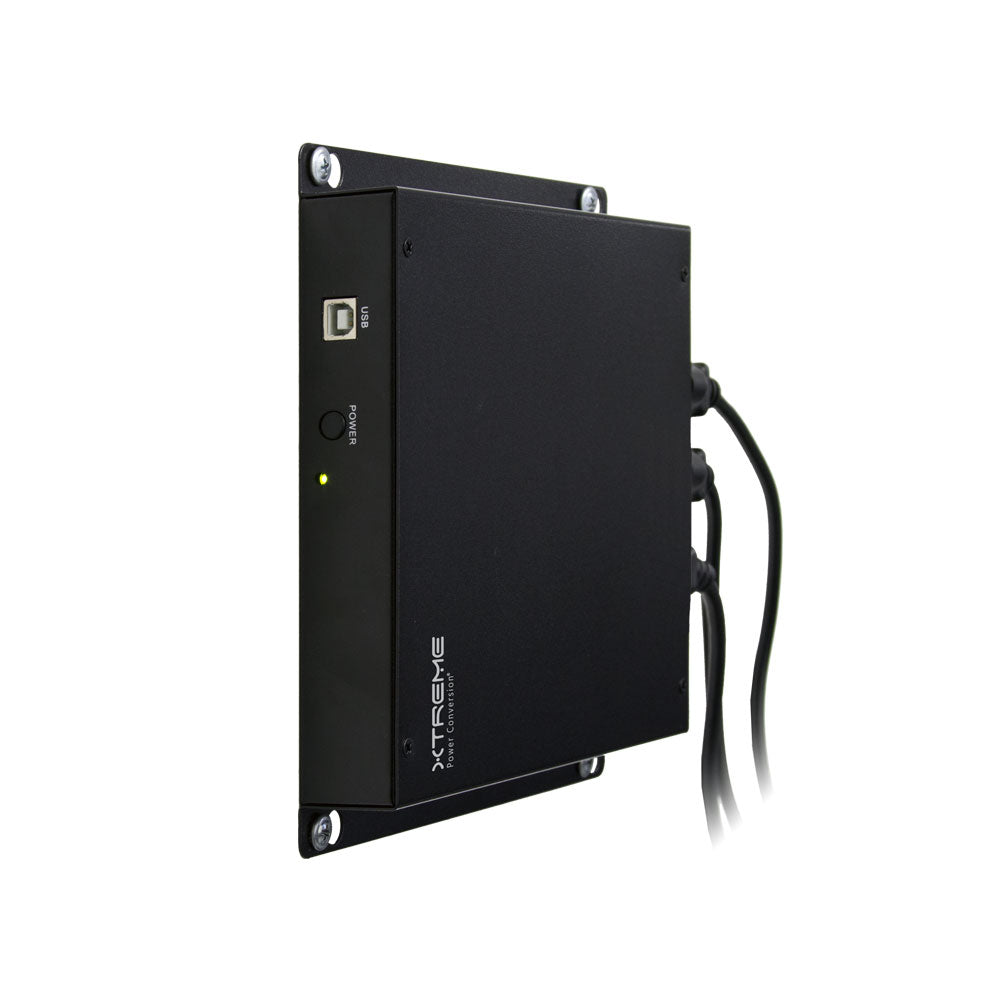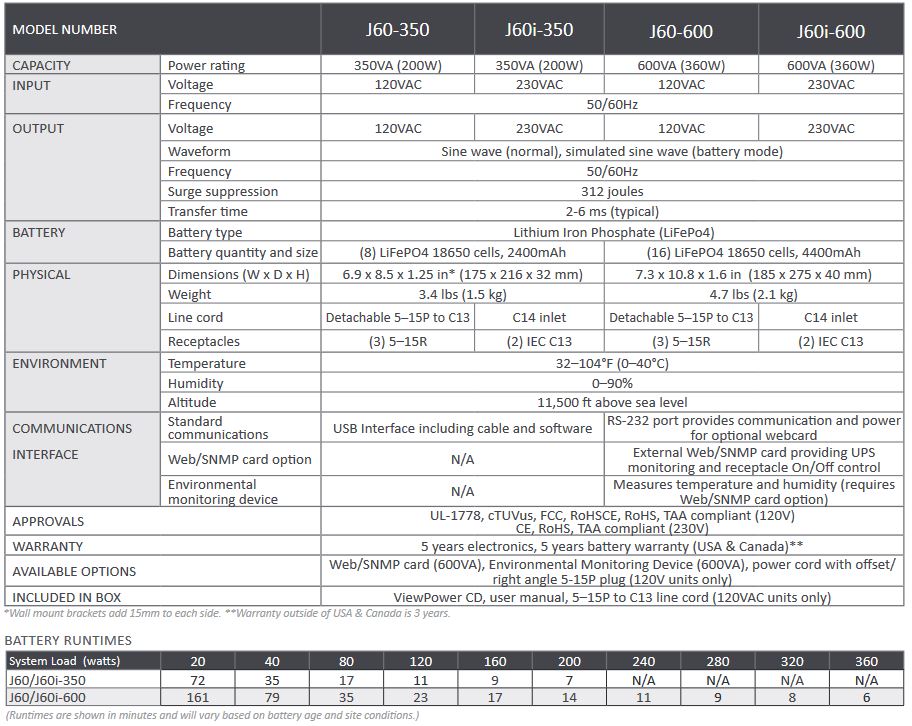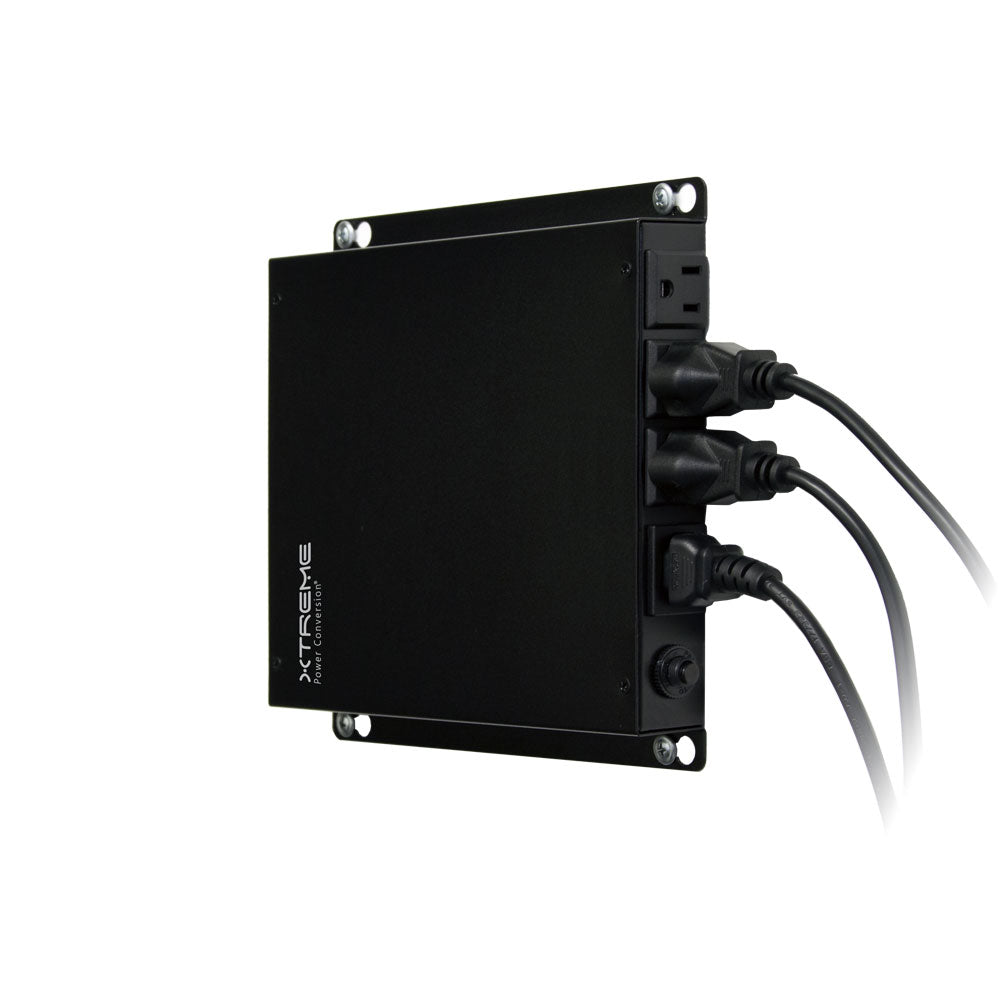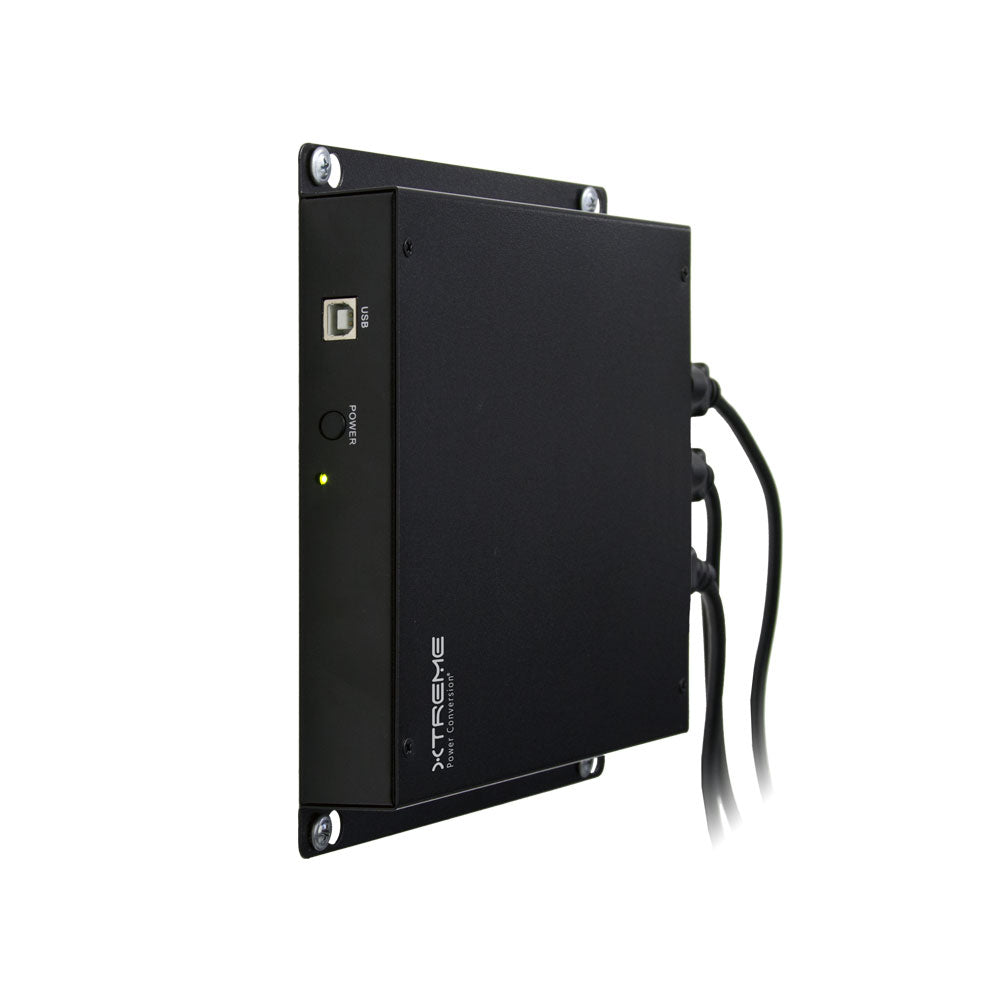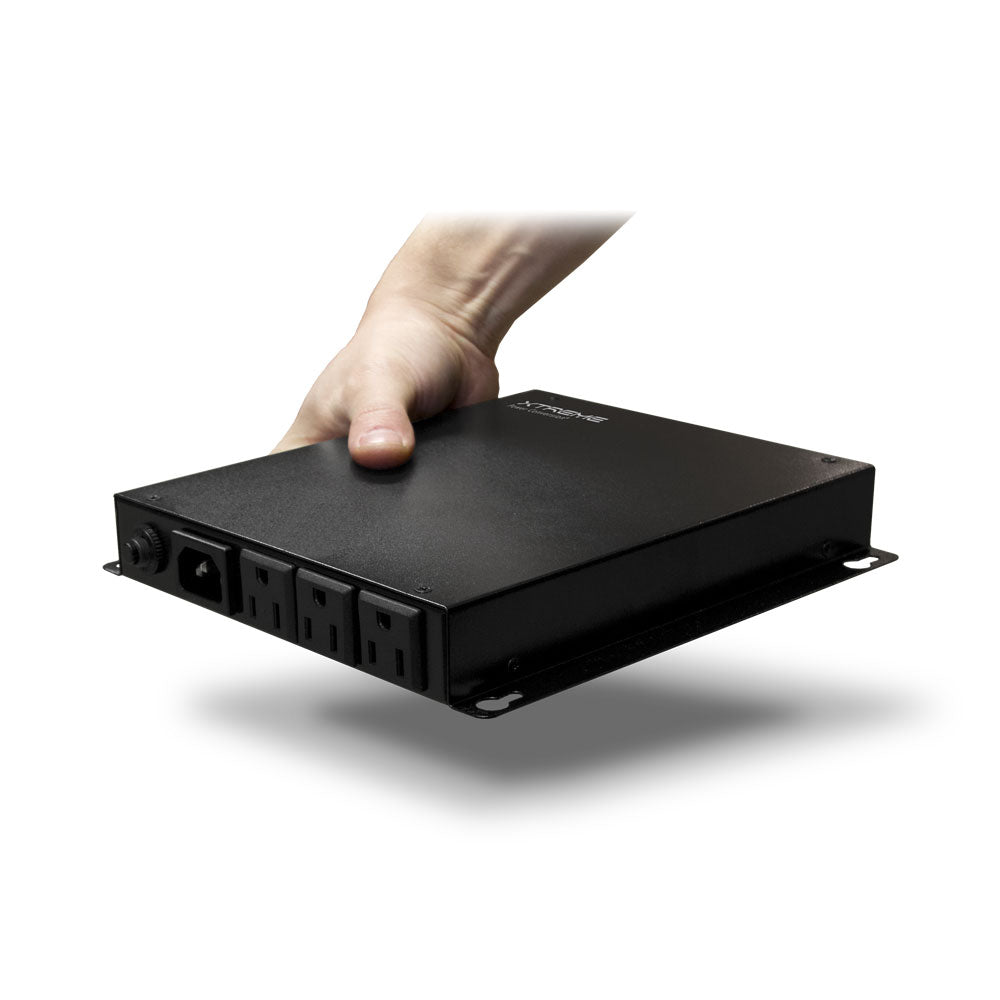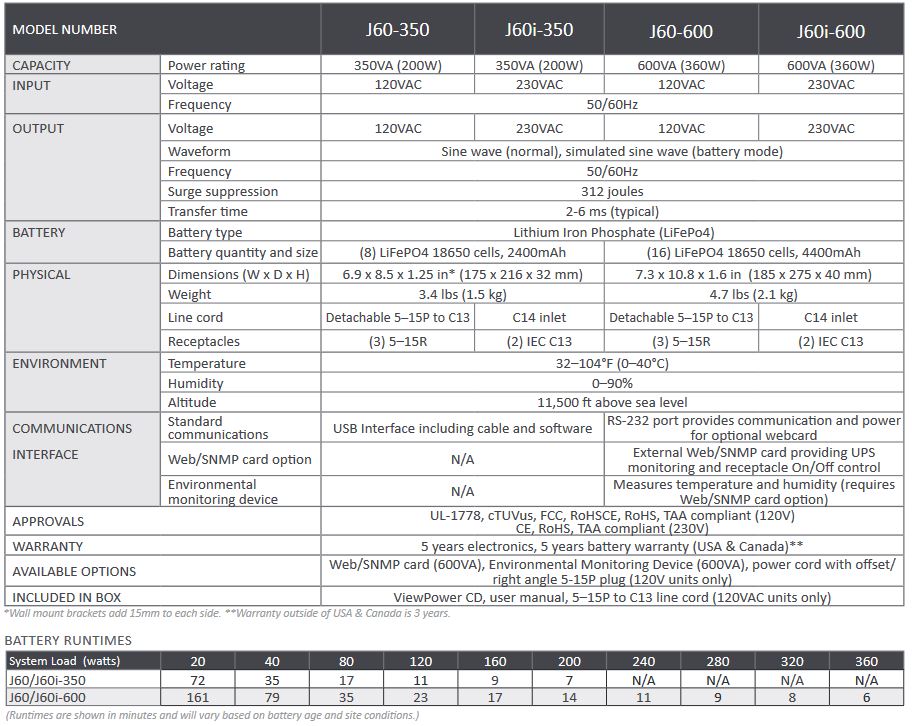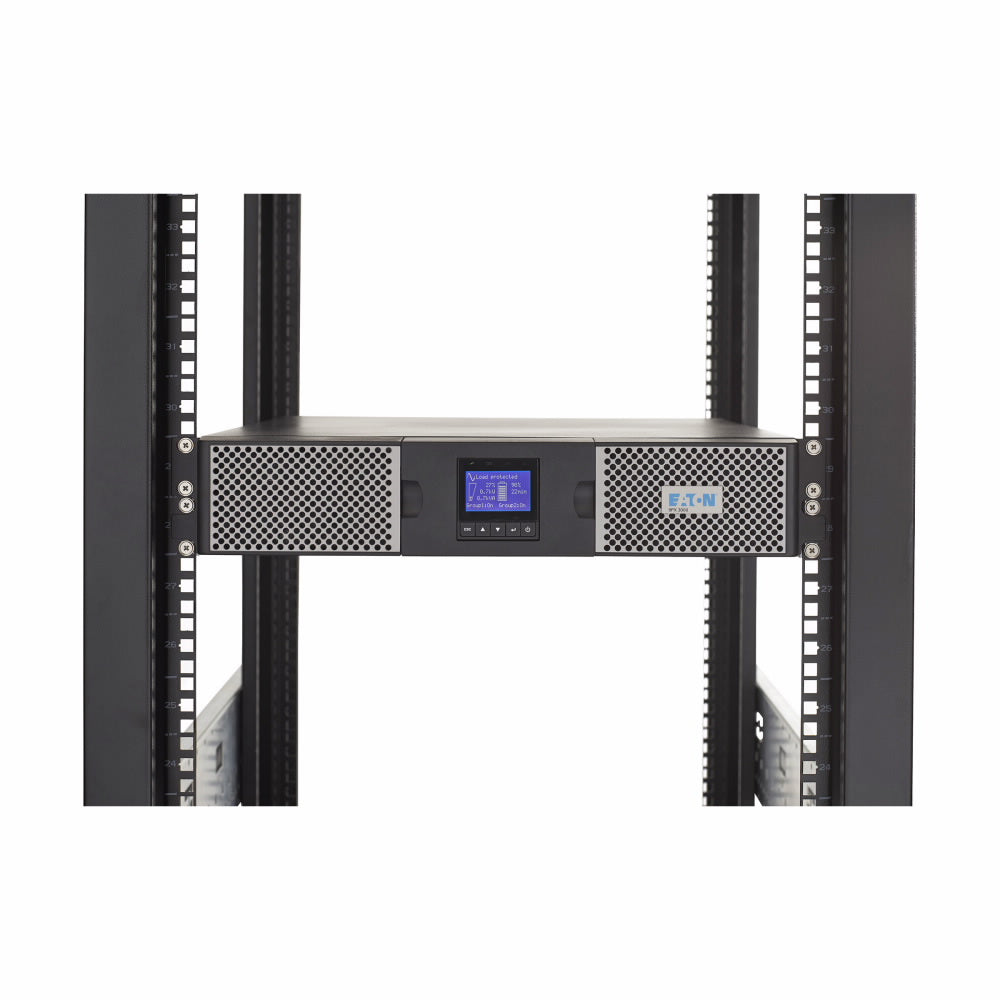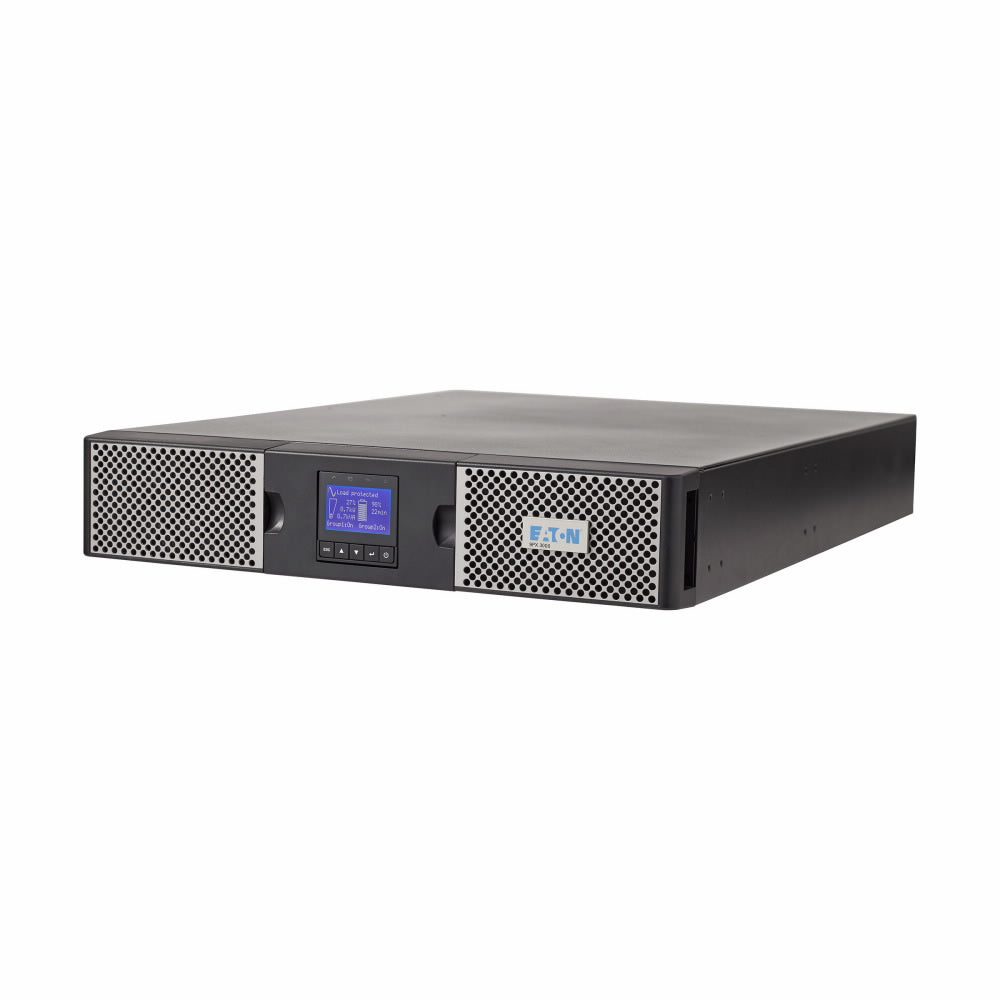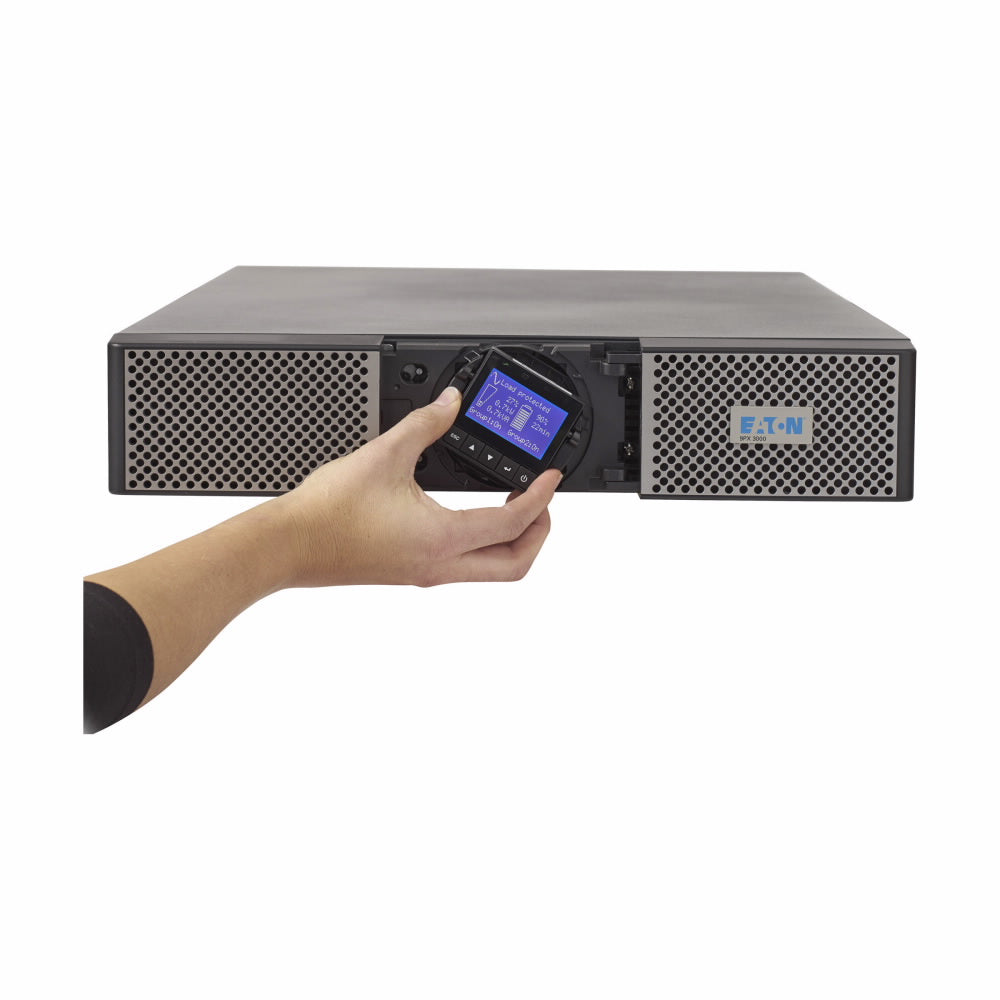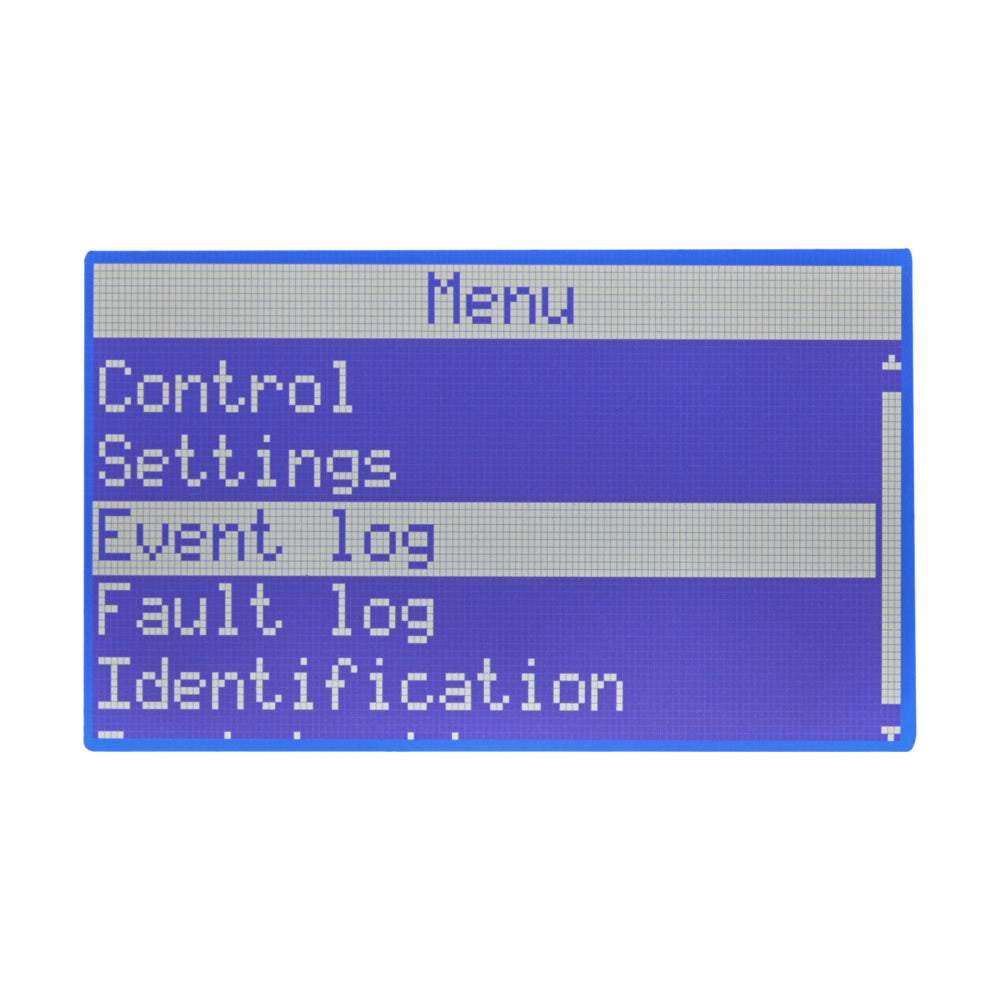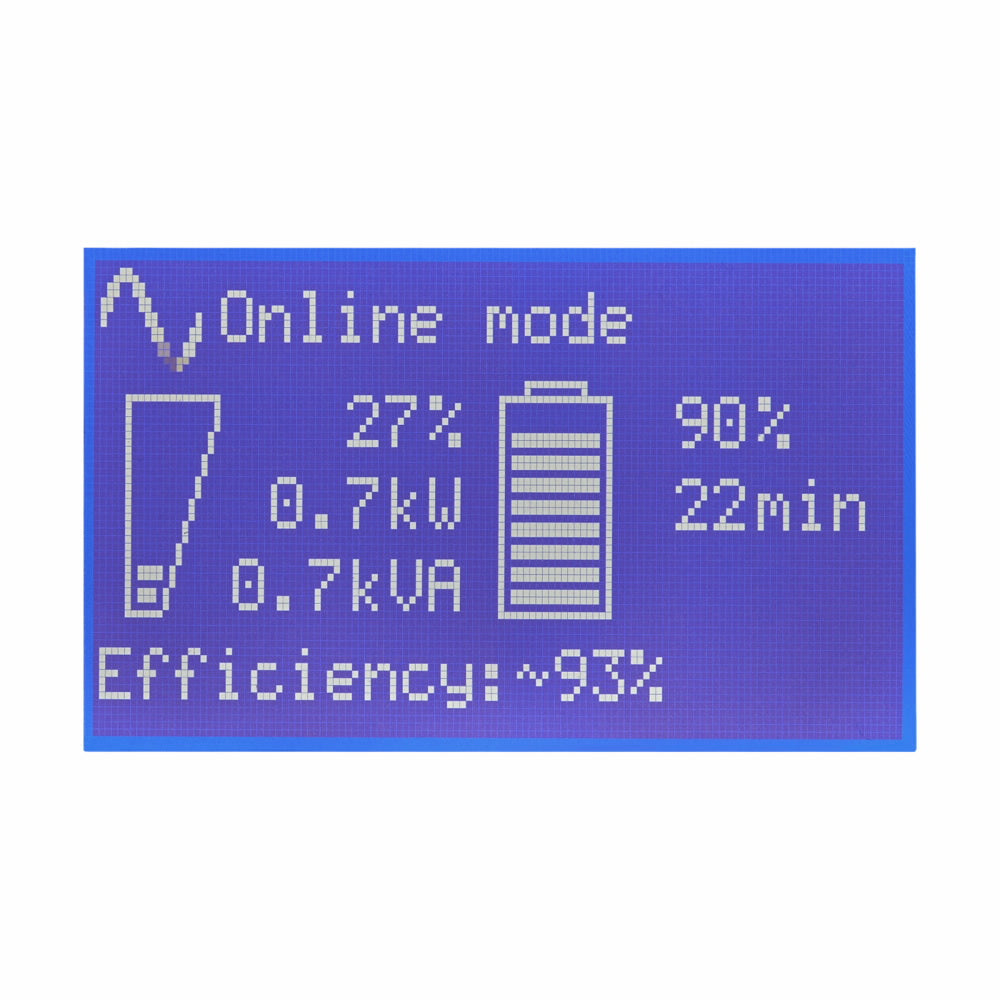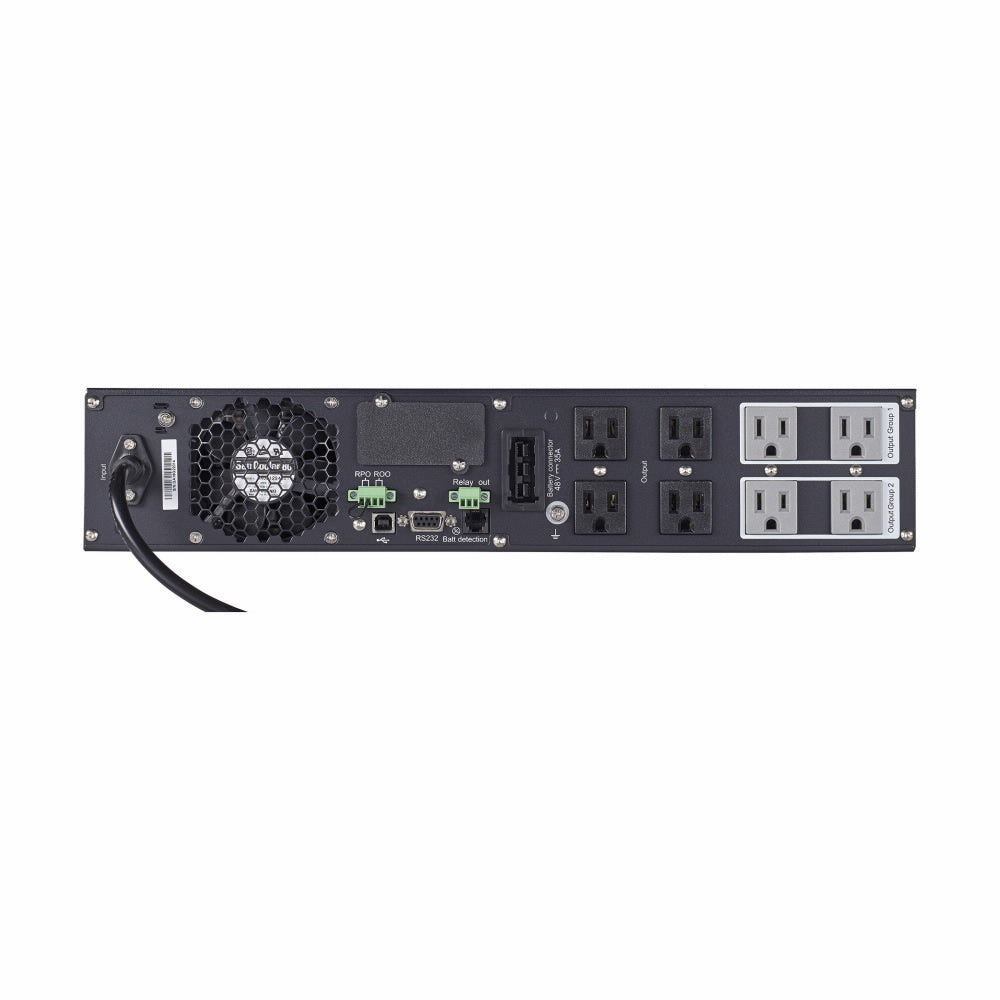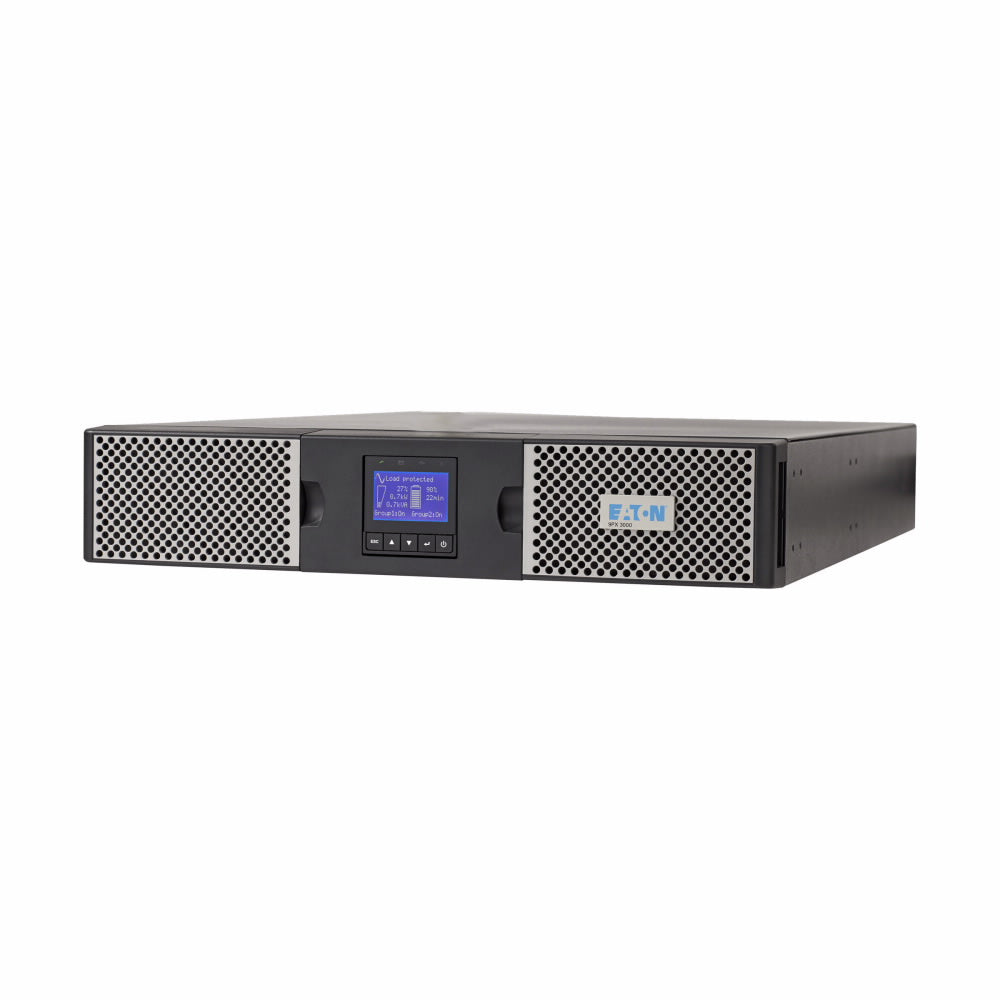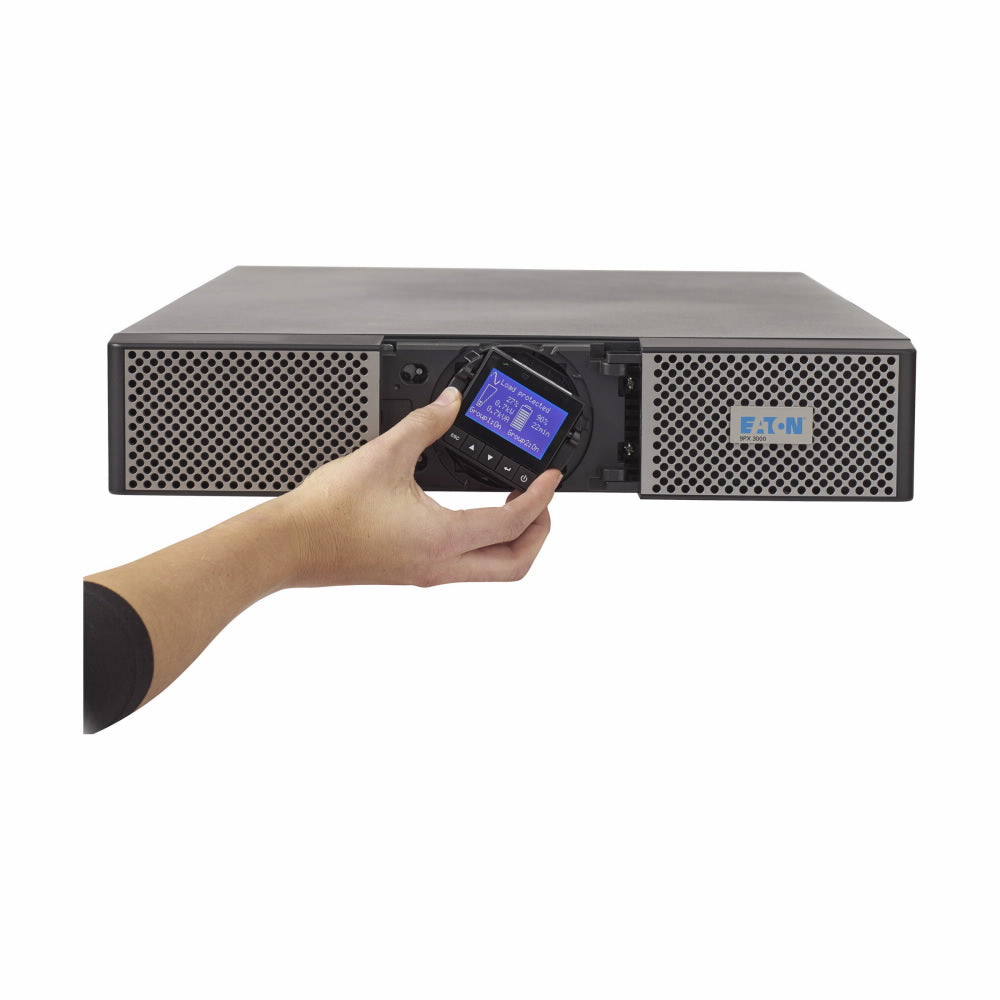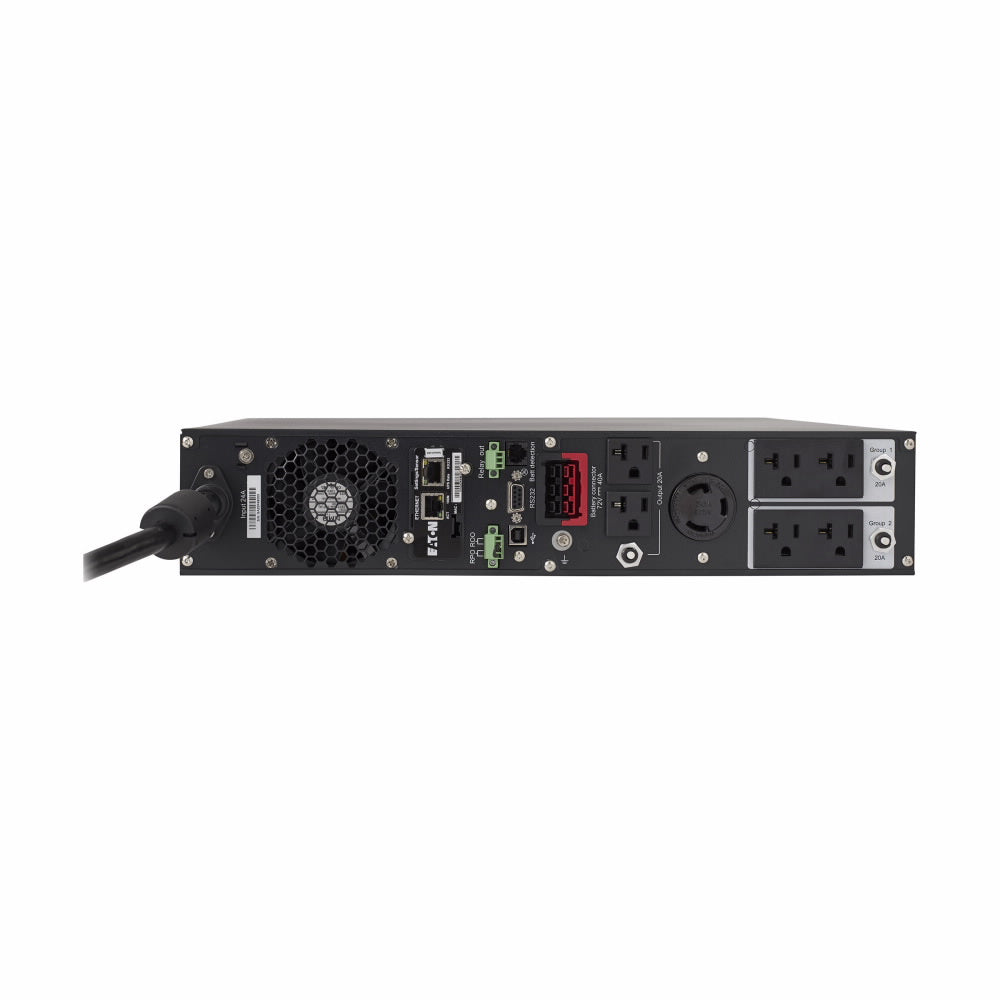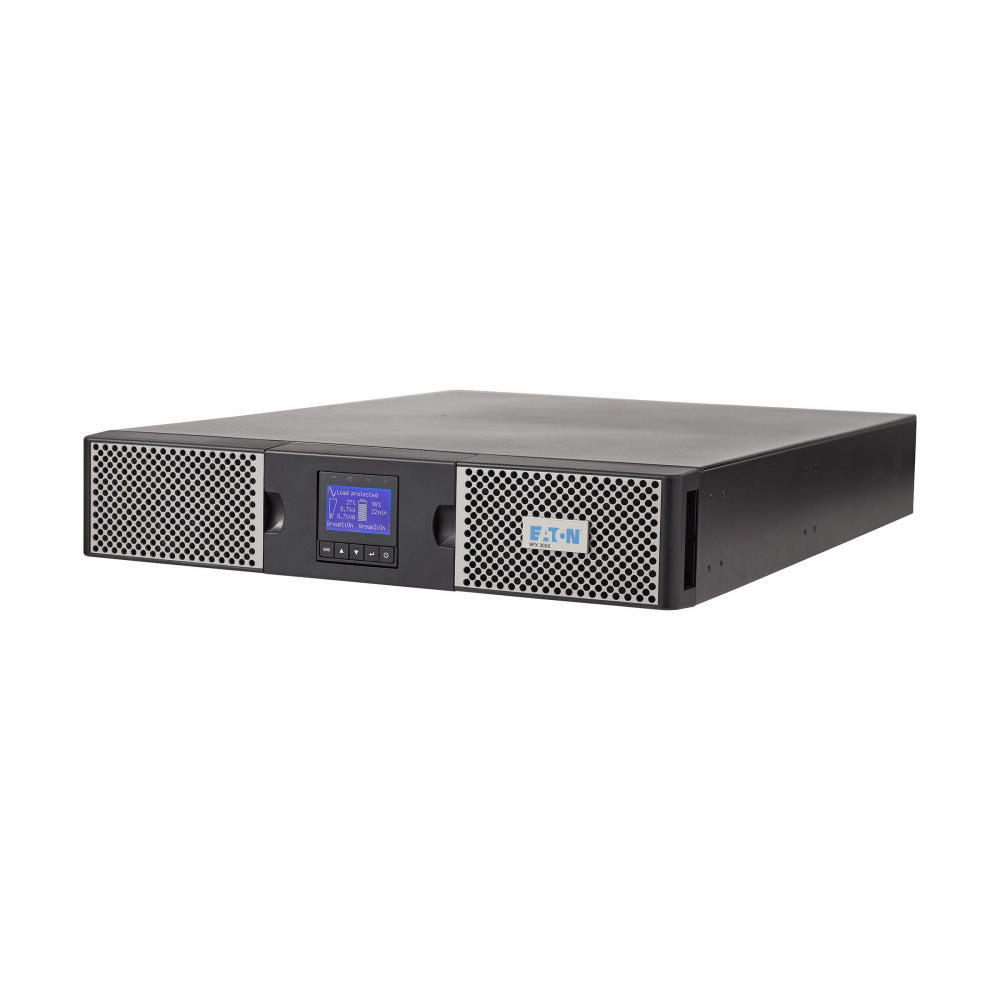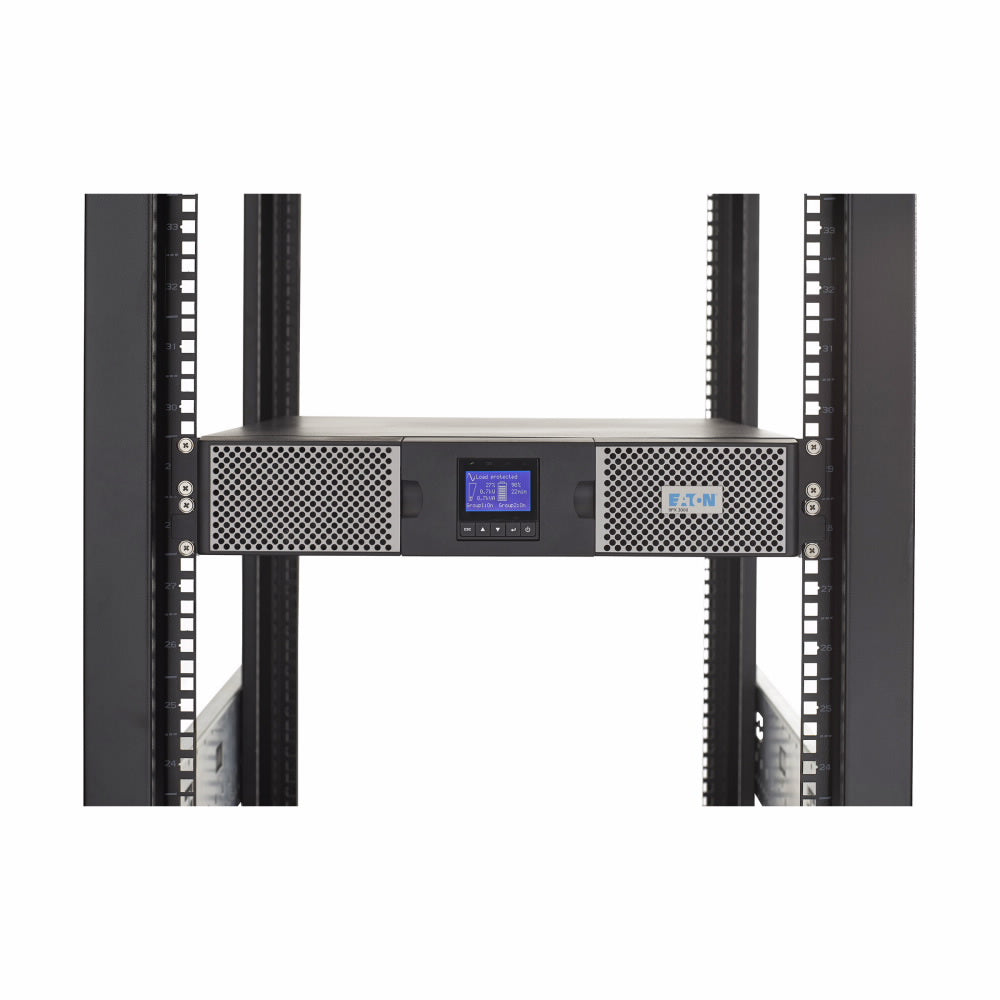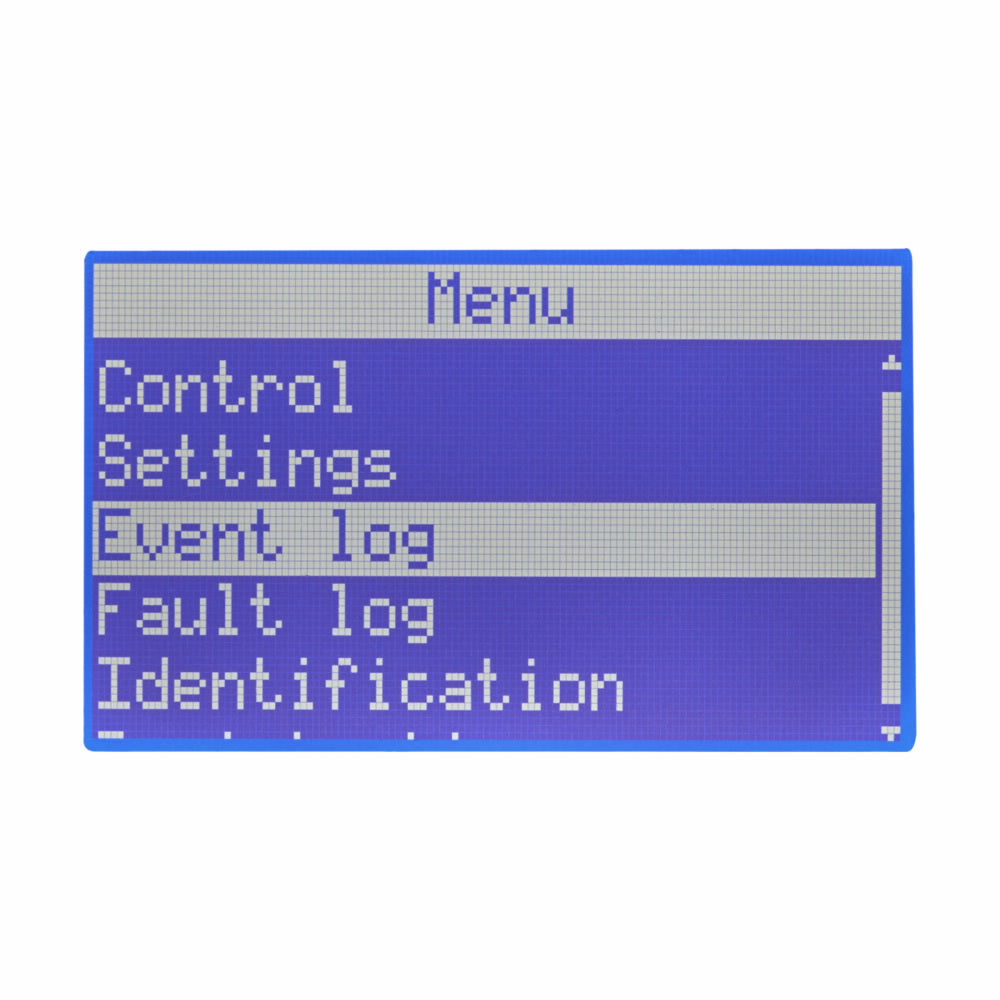Lithium batteries have been around for 20 years now, however they have just recently been adopted by the UPS manufacturers as alternative to traditional lead acid batteries. Lithium batteries have minimal service requirements since they can be recharged with minimal damaging to their cells, unlike a lead-acid battery. A lithium battery should last 15 to 20 years without losing its efficiency so selecting a lithium powered system will reduce the cost of installation, transportation, and additional administrative work that comes with purchasing and maintaining a UPS unit. Because of it’s higher energy density, lithium batteries can weigh one third the amount of a regular battery, saving you space, and reducing CO2 emissions, making it a more sustainable option. This helps to offset the initial investment, as a lithium solution can cost from 1.5 to 2 times more than a traditional lead acid battery system.
Types of Lithium Batteries: Lithium-ion or Lithium-iron:
There are two main types of lithium batteries when considering your purchase: lithium-ion (Li-ion) or lithium-iron (LiFeP04). Both are great options when searching for your battery system, but what are their main differences? The main difference is their energy density, or the measure of how much energy a battery contains in proportion to its weight. Lithium-ion batteries are super lightweight with a high energy density while lithium-iron batteries have a lower energy density and are heavier. Though lithium-iron can handle higher operating temperatures with minimal degradation. Another thing to consider is the lifecycle of your battery. Lithium-ion batteries tend to have a shorter life cycle, 500-1000 cycles, compared to lithium iron with 1000-10,000 cycles.
Choosing the right Lithium UPS for you Needs:
When you need a UPS system and are considering Lithium battery technology, it’s important to know their applications. Lithium iron batteries are typically used for systems that have a higher environmental temperature making them useful in industrial environments. If longevity and safety are desired for you, but you don’t need a high energy density, LiFeP04 batteries are what you’re looking for. Lithium-ion, on the other hand, are lighter in weight and have a higher energy density making them perfect for smaller applications such as medical equipment or a single-phase UPS system. Having this in mind when choosing or updating your uninterruptible power supply system will help you make the best possible choice for your needs.




